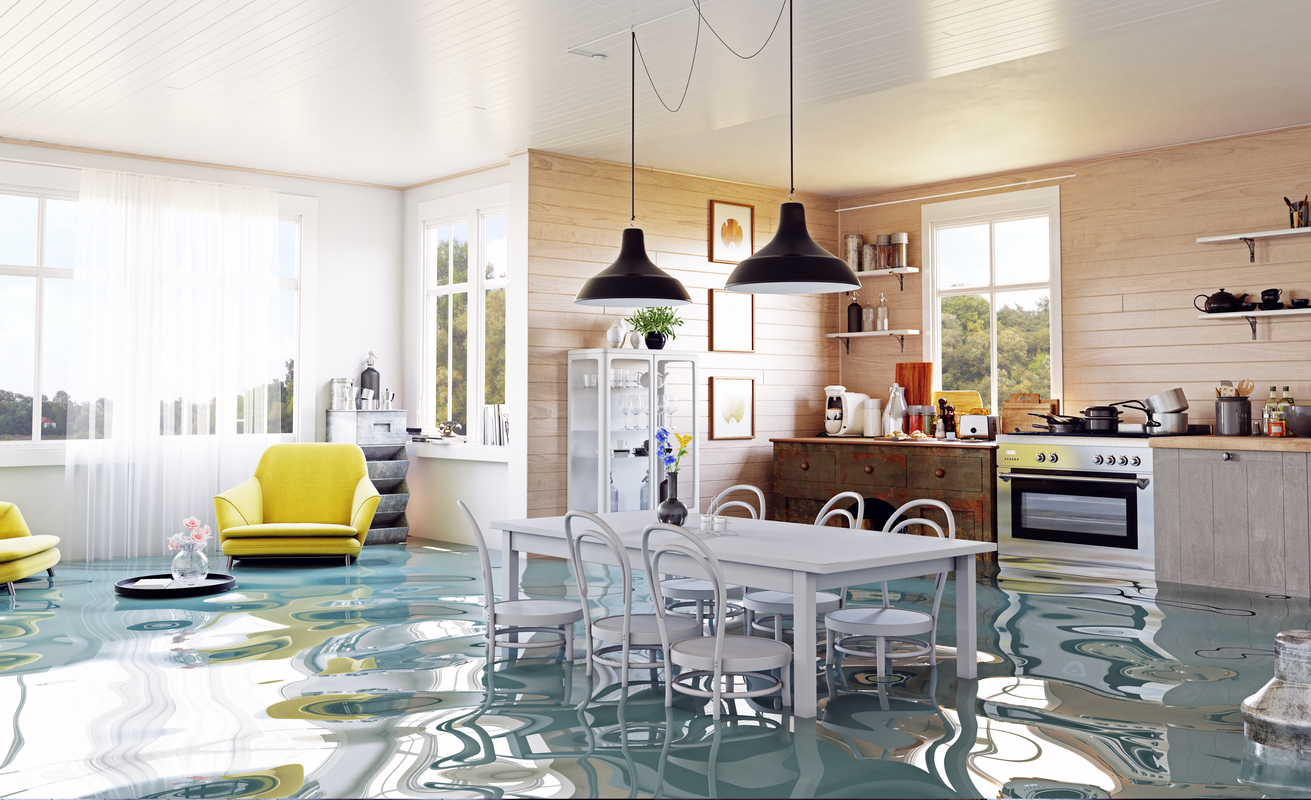Homeowner insurance policies often contain exclusions disclaiming coverage for certain losses if an insured residence is unoccupied. These exclusions are designed to prevent extensive damage from accidents that might otherwise be avoided with early detection or simple preventative measures, as an unoccupied house presents a risk that damage will go unnoticed for some time.
In a recent case,1 insureds owned a beach house in Rehoboth Beach, Delaware where they spent most of their weekends. The beach house was the insureds second residence and remained fully furnished with the accessories of daily life, such as furniture, clothes, food, toiletries, and medicine. When not at their beach house, the insureds routinely left the heat on to prevent the pipes from freezing. They did not, however, shut off the water supply.
In February 2013, after being away for ten days, the insureds returned to their beach house to find a pressurized water pipe had separated in an upstairs bathroom causing two inches of standing water to flood throughout the main level. The insureds timely filed a claim with their insurer for damage resulting from the plumbing accident. The insurer denied the claim because they failed to shut off the water where it entered the house. The insureds’ insurance policy contained an exclusion that voided coverage for any damage caused by a plumbing discharge if the residence was unoccupied for more than 72 hours, unless the insureds left the heat on and shut off the water where it entered the house.
The insureds filed suit for breach of contract against their insurer. They maintained, among other things, their beach house was not unoccupied because it remained furnished with the accessories of daily life at all times. Ultimately, a federal appeals court disagreed, holding that the exclusion’s use of “unoccupied” could only be reasonably read to refer to the absence of people.
The court held that because there was no dispute the insureds were away from their beach house for over 72 hours and the water supply had not been turned off, they could not recover for the damage occurring while the house was “unoccupied” under the clear and unambiguous terms of their policy.
____________________
1 Katopothis v. Windsor-Mount Joy Mut. Ins. Co., 905 F.3d 661 (D.C. Cir. 2018).




